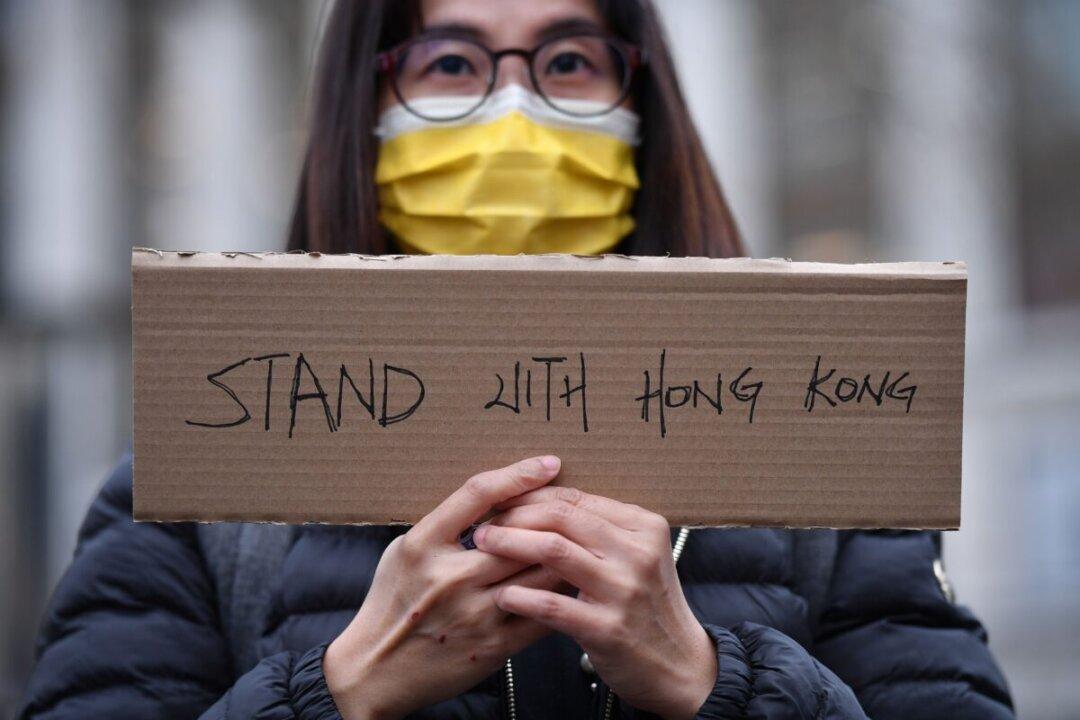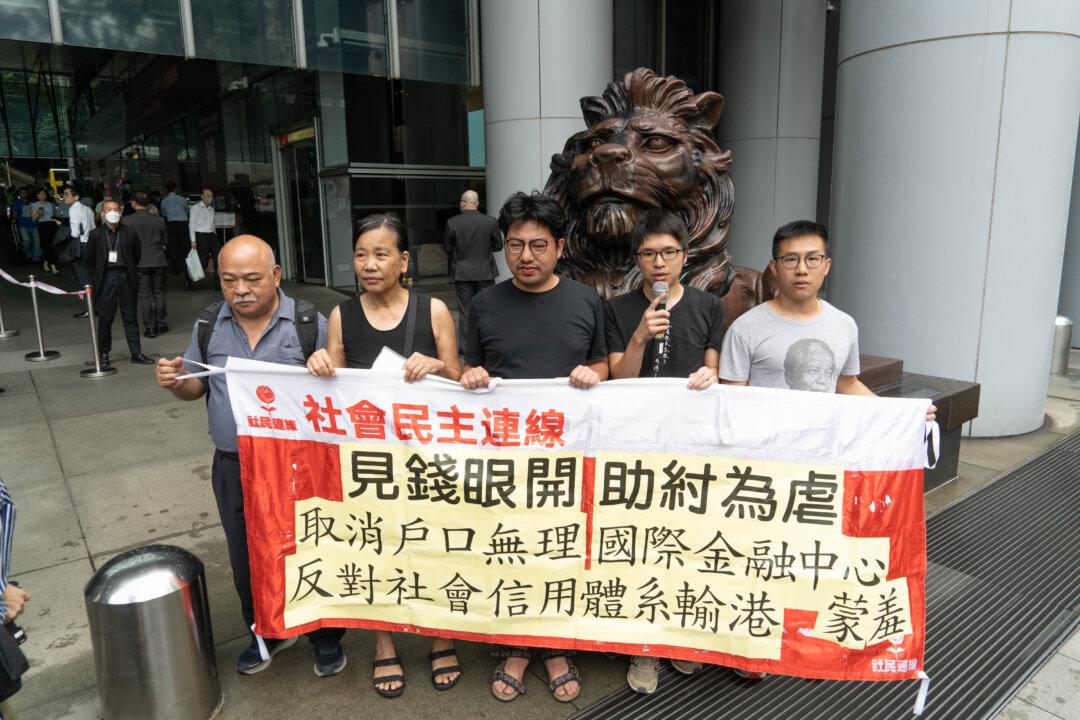The imposition of Hong Kong’s National Security Law in June 2020 impacted the city’s art and film industry dramatically.
After the law was enacted, movies, documentaries, and art supporting protests against the Chinese Communist Party (CCP) began to disappear.




